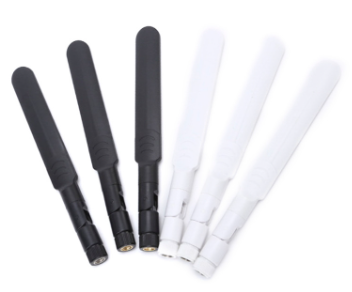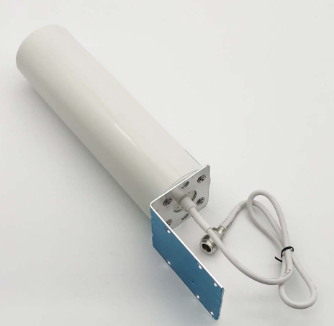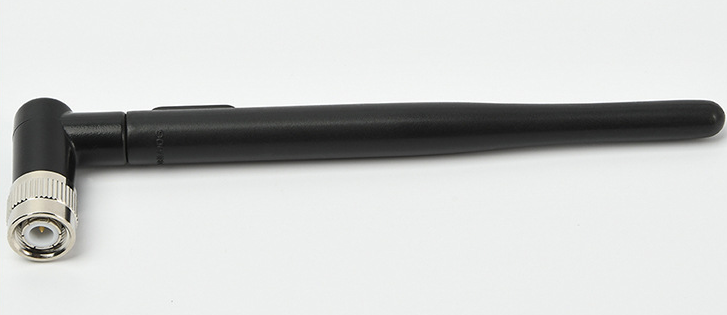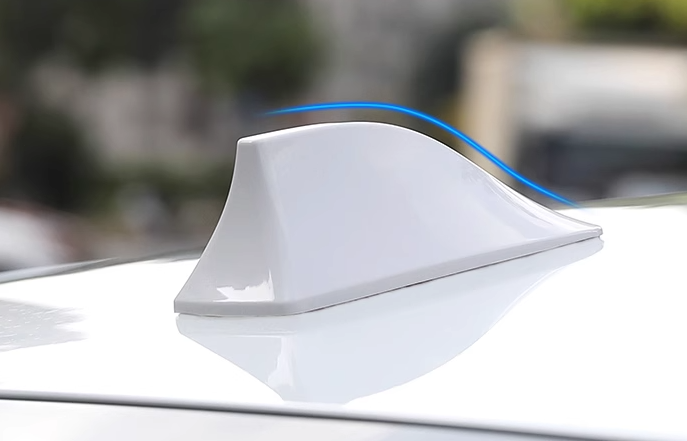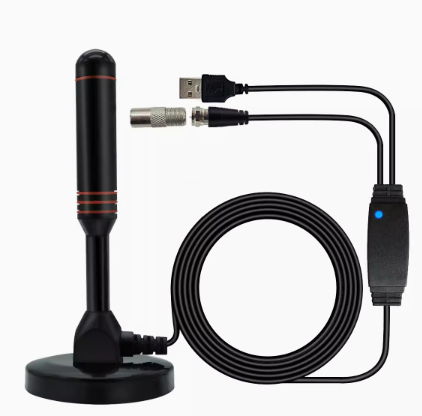PCB board antenna effect processing
The effects of a PCB Board antenna can have a major impact on the performance of an electronic device. PCB antennas are commonly used in modern electronics due to their compact size and ease of integration into a PCB layout. However, a PCB antenna can cause unwanted coupling, radiation, and noise which can interfere with the device's performance.
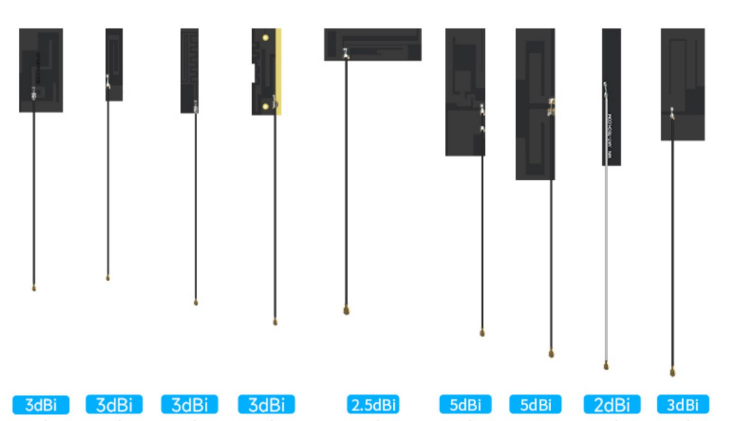
To mitigate the negative effects of a PCB antenna, there are several techniques that can be employed during the design process. These techniques are designed to reduce the coupling between the antenna and other components on the PCB, reduce the amount of noise generated by the antenna, and improve the radiation efficiency of the antenna.
The first technique is to use a ground plane beneath the antenna. By placing a ground plane directly beneath the antenna, the radiation pattern of the antenna can be controlled, and the coupling between the antenna and other components on the PCB can be reduced. The ground plane should be as large as possible and should be kept away from other components on the PCB.
The second technique is to use a decoupling capacitor between the antenna and the rest of the circuit. Decoupling capacitors are used to filter out unwanted noise and to improve the signal integrity of the circuit. When placed between the antenna and the rest of the circuitry, the decoupling capacitor can help isolate the antenna from the rest of the circuit and reduce unwanted coupling.
The third technique is to use a matching network to improve the impedance match between the antenna and the rest of the circuit. An impedance mismatch can result in a loss of signal and reduced sensitivity. A matching network can be used to adjust the impedance of the antenna to better match the impedance of the circuit.
The fourth technique is to use shielding to reduce the amount of unwanted radiation generated by the antenna. Shielding can be placed around the antenna to prevent the radiation from escaping into other parts of the circuit. Shielding can be made of a conductive material such as copper or aluminum and should be grounded to prevent the buildup of unwanted charge.
Overall, the effects of a PCB board antenna can be mitigated through proper design techniques. By using a combination of ground planes, decoupling capacitors, matching networks, and shielding, the unwanted effects of a PCB antenna can be reduced, and the performance of the electronic device can be improved.
